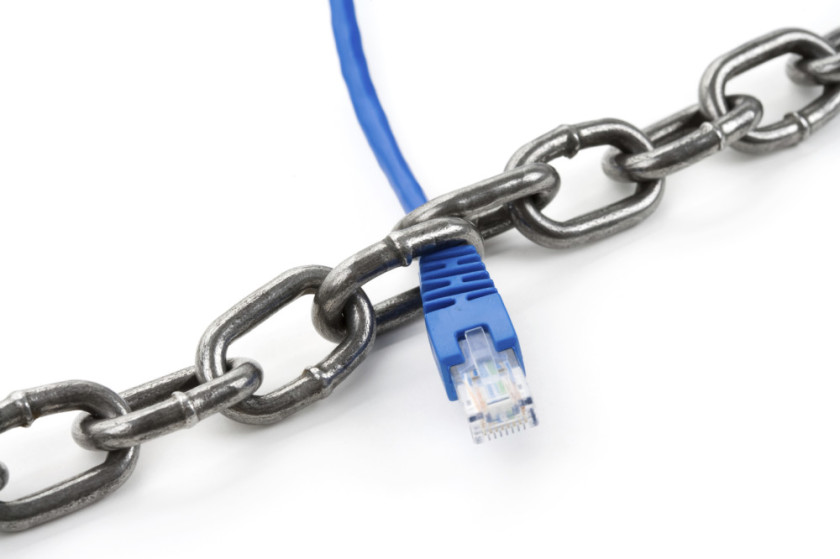What’s Happening?
The World Conference on International Communications is meeting in Dubai this week to finally set ground rules on ‘this whole Internet thing’, specifically how the Internet intersects with International Telecommunications Union (or ITU) treaties dating back to 1865. The last time the ITU convened a meeting on this scale was 1988, back when the entire Internet was still called Darpanet and consisted of roughly 60,000 or so computers and servers. This recent meeting was bound to happen, but the real question is: ‘Why didn’t it happen sooner?’ (Short answer: American ITU delegates stopped it. More on that momentarily.)
Why is this important?
There are two main reasons that all eyes are on the Dubai conference this week:
- The meeting’s literal objective is to determine governance of the Internet and, let’s be honest, how many people are excited about an international committee deciding how they can govern the Internet.
- The meeting is held behind closed doors. Remember SOPA? Remember how close it came to passing before a historic Internet backlash effectively killed the bill? Because no one actually knows what will specifically be debated or decided at this conference, there’s a very real fear that it could become another SOPA — but a SOPA with international scope that will allow for it to pass with no controversy, protest, or resistance.
Will this really be “the death of the Internet“?
Probably not. Though the conference is only a few hours old, there are signs that it may be breaking down already. Though information is still emerging, it appears that the American delegation attempted to strike all discussion of the Internet from the conference, failed, and is rearming with a team of 11 high-powered envoys that are all committed to opposing any and all government oversight. Add to this the fact that the Secretary General of the ITU has already admitted that the treaty cannot and will not interfere with the actual censorship and trade rules of any particular country, and it seems that, at worst, this conference will build a paper tiger. At best it could create a treaty that, while mostly unenforceable, will still allow governments to crack down on Internet scammers, unlisted servers used primarily by hackers, and other parts of the current web which do not empower or advance anyone but do serve to protect criminals.
What should I take away from this?
While it’s unlikely that the Dubai conference will effectively change the internet, it is unlikely to be the last threat of its kind. Be sure to examine whatever paper tiger is produced from this conference, because the issues addressed will most likely re-emerge in several new U.S. laws that can, in fact, be enforced. This is not the end. Plan accordingly.


